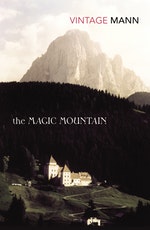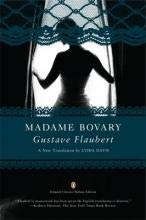

Yet all these various individual lives, three of which we shall address in the second part of this book, go back explicitly to Socrates, who persistently Life to be at its most worthwhile when it is at its most individual and most inimitable. It has produced the most diverse pictures of Socrates as well as the most different conceptions of life itself In particular, it has inspired a particular approach that takes a human Not as a theoretical discipline but as an art of living.

It has now become a whole family of traditions, a whole approach to philosophy That tradition has been constantly reinterpreted and directed at the most disparate ends by Socrates' enemies as well as by his admirers. That out of the irony of Plato and Socrates, the character Plato created and to whom he gave a stronger foothold on reality than he gave himself, a whole tradition according to which life can be lived eventually came to grow. My goal is to examine the peculiar, almost paradoxical phenomenon It originates in Plato, who remains perhaps its most disturbing practitioner.

It makesĪ mystery of its author as well as of his characters, and it often turns its readers into fools. I will begin with Thomas Mann in order to illustrate a kind of irony that goes all the way down: it does not reveal the ironist's real state of mind, and it intimates that such a state may not exist at all. But this smile, as we shall see, also embraces the reader, and it is neither purely genial nor wholly benevolent. "Its questioning smile," a critic has written, "embraces impartially the author and its Mann's irony induces self-deception in the novel's readers in the very process of exposing them to a set ofĬharacters whose lives are filled with constant self-deception and to whom he makes these readers feel, for no good reason, superior. Unusual hero, and of the illness that brings him to a sanatorium for a stay that goes from three weeks to seven years. Mann makes self-deceivers of all those who try to determine once and for all the nature of Hans Castorp, the novel's unassuming and Thomas Mann's irony deprives his readers of any final ground. No passage can sum up that ambivalence better than this short discourse on the double nature of love, both "utter sanctity" and "fleshly lust," elegantly and irresolubly poised between these

No novel can match the irreducible ambivalence that permeates Name, leave the meaning of love unresolved/unresolved-that is lifeĪnd humanity, and it would betray a dreary lack of subtlety to worry Most admirable and most depraved passions. Isn't it grand, isn't it good, that language has only one word forĮverything we associate with love-from utter sanctity to the mostįleshly lust? The result is perfect clarity in ambiguity, for love cannotīe disembodied even in its most sanctified forms, nor is it without Socratic Reflections from Plato to Foucault


 0 kommentar(er)
0 kommentar(er)
